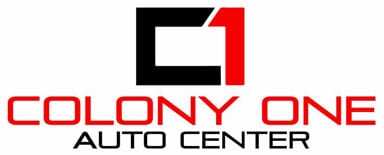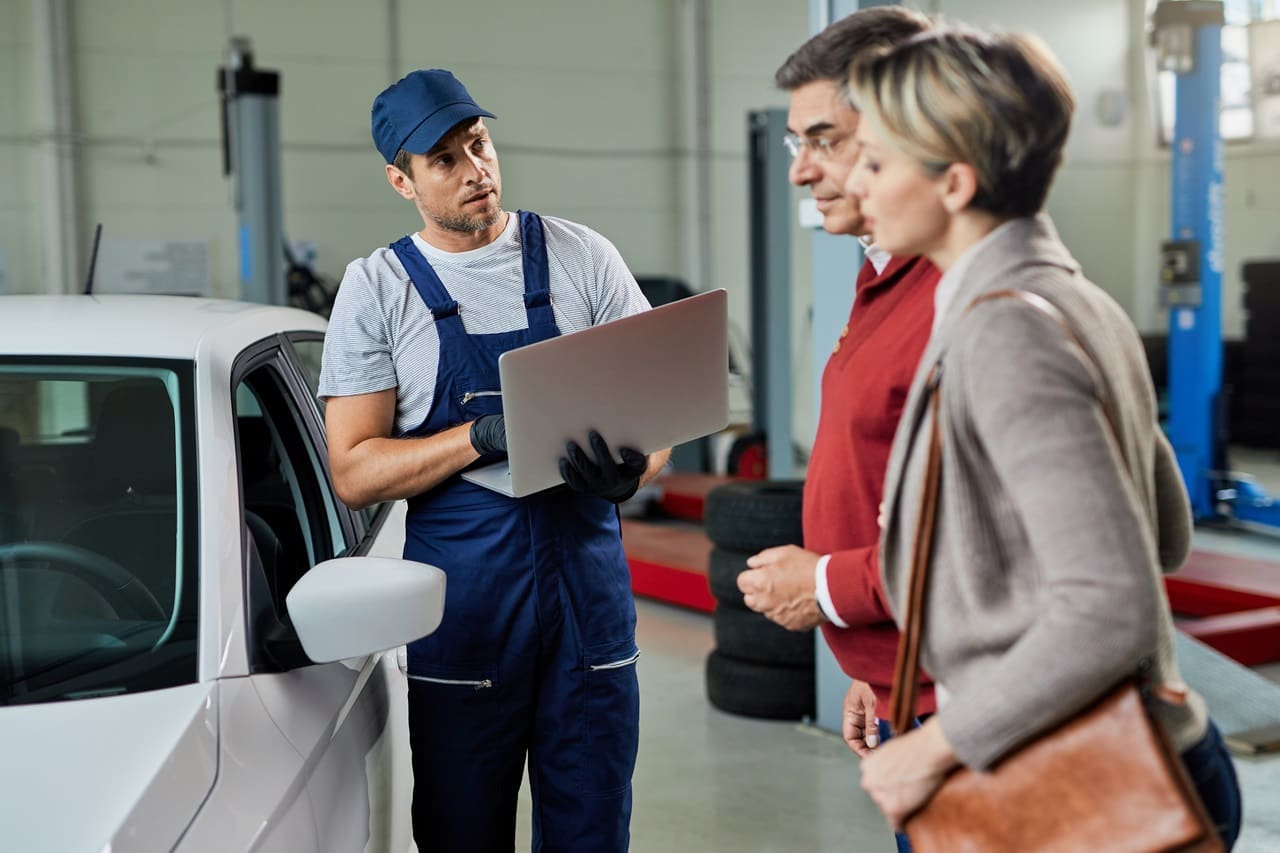Taking time to bring your vehicle in for its annual safety inspection can feel like a hassle, especially if you consider yourself proactive in the care and maintenance of your car, truck or motorcycle. You know how to check the engine and change the oil, and you immediately replace any broken headlight bulbs. But even the most responsible vehicle owners may be unaware of minor mechanical or safety issues that can make a vehicle unsafe and even illegal to operate on the road, which is why annual inspections are so important.
What You Need To Know
All registered vehicles, including passenger cars, motorcycles, motor scooters, mopeds, trucks, buses and mobile homes are by law subject to an annual comprehensive safety inspection. If the vehicle passes inspection, the owner is given a windshield sticker that displays the inspection date. Gasoline-powered vehicles are additionally required to undergo an emissions test.
Before a vehicle is inspected, the owner must present “evidence of financial responsibility” in the form of motor vehicle liability insurance to the inspection station. A document or identification card from your insurance company will be sufficient, but contact the inspection station in advance to be sure you know exactly what paperwork you need to bring. (As a rule, you should always keep your title and registration in your vehicle’s glove compartment.)
According to the Texas Department of Public Safety (DPS), a “passenger vehicle” can be a passenger car, light truck, sport utility vehicle or passenger van designed to transport 15 passengers or less. Some of the items that are inspected in every passenger car include:
Horn – A passenger car’s horn must be audible at a distance of 200 feet.
Windshield Wipers – While a passenger car’s windshield is not an item of inspection, a cracked or warped windshield may prevent the windshield wipers from making proper contact with the windshield.
Window Tint – Windows at the right and left side of the driver with less than 25 percent light transmission will fail inspection. Back and rear window tint is not inspected.
Gas Cap – Gas caps on vehicles two to 24 years old are inspected for wear and defects.
Brakes – Brake tests can be conducted even in rainy weather or snow. However, brake tests are not permitted on icy surfaces. According to the Texas Driver’s Handbook, foot brakes must stop a car within a distance of 25 feet at a speed of 20 mph and the parking brake must be able to stop and hold the car.
The website for the Texas Department of Public Safety provides a complete list of items of inspection of every passenger car.
Special Considerations for Trucks
While pick up and panel trucks, as well as trucks smaller than 80 inches in width, are inspected as “passenger cars,” trucks that are 80 inches or more in width fall into their own category. Dual wheels are considered to be part of the width, but outside mirrors are not. Items of inspection that are specific to trucks 80 inches or more in width include safety guards or flaps, clearance lamps, side marker lamps and side reflectors. Again, the Texas DPS provides complete lists of inspection for all vehicle types, including motorcycles, mopeds and mobile homes.
Costs
In every state in the U.S., the cost of a safety inspection and a separate emissions test for non-commercial vehicles is very reasonable. In Texas, vehicle owners can be charged a maximum of $14.50 for a one-year safety test and $27.25 for an emission test. OBDII and ASM inspections also test for emissions and are each priced at $39.75. The location and age of your vehicle will determine which of these types of emission tests is necessary.
If a vehicle fails the safety inspection, the owner is still required to pay inspection fees.
What to Do If Your Vehicle Doesn’t Pass
If a vehicle does not pass, its owner has 15 days to make the necessary repairs and bring it back to the same inspection station for a free re-test.
If a vehicle fails the emissions test, the owner can have the vehicle re-tested after making the necessary repairs. The inspection station will provide the vehicle owner with a list of “Recognized Emissions Repair Facilities of Texas,” but the owner may select an unlisted repair facility or make the repairs on their own. An Individual Vehicle Waiver, Low Mileage Waiver, Low Income Time Extension or Parts Availability Time Extension may be issued to the owner to help facilitate the necessary repairs.
Colony One Auto Center will perform you annual state inspection and emission tests, as well as expedite any repairs necessary for passing. Even if your vehicle isn’t due for its inspection just yet, you can still schedule an appointment schedule an appointment and we’ll remind you when your inspection date is approaching.

